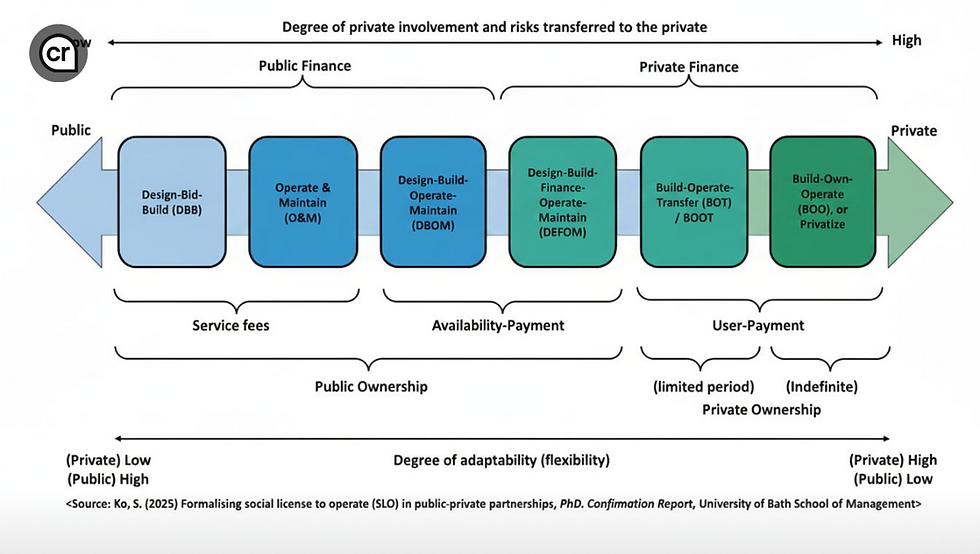It’s World Toilet Day: time to improve the impact of sanitation investments
- bluechain

- Nov 19, 2024
- 2 min read

Happy World Toilet Day! Yes, it’s a real thing, and it’s more important than you might think. Today isn’t just about porcelain thrones or fancy bidets. It’s about shining a spotlight on something that’s fundamental to our health, dignity, and even development— proper sanitation. Most importantly we need to ensure that sanitation is adeqautely financed.
Why Toilets Matter More Than You Think
When toilets are broken, missing, or poorly maintained, waste doesn’t just vanish. It sticks around, spreading diseases like cholera, diarrhea, and even polio. These diseases aren’t just unpleasant; they can be deadly, especially for children under five. For women and girls, the stakes are even higher. Without safe, private toilets, they face greater risks of health issues and are more vulnerable to harassment or violence. On top of that, they may have to skip school or work because there’s no sanitary place for them to go. That’s not just unfair; it’s a huge roadblock to their opportunities and well-being.
Sanitation: A Game-Changer for Health and Development
Access to clean water and proper toilets is like a health superhero—it stops the spread of diseases caused by dirty or contaminated water. In fact, studies show that investing $1 in sanitation can return as much as $5.50 in benefits, thanks to improved health, increased productivity, and fewer sick days. Globally, 3.6 billion people still lack access to safely managed sanitation. That’s about half the planet. The cost of doing nothing is astronomical: poor sanitation costs the world an estimated $223 billion a year in lost productivity and healthcare expenses. But here’s the good news: investing in sanitation works. When governments prioritize proper toilets and clean water, it doesn’t just improve public health—it also boosts economies, supports education, and promotes gender equality.
Why Public Finance Matters
While sanitation is a public good, most governments underfund sanitation, leaving households to foot the bill for things like toilet construction, sewer connections, or waste collection. That’s not fair, and it’s also not effective. Governments need to step up and use public finance to jumpstart change. By offering catalytic investments like subsidies, tax relief, or low-cost loans, they can encourage households and businesses to invest in better sanitation solutions. This kind of smart spending doesn’t just improve lives; it creates jobs, stimulates markets, and attracts private investment.
Smart Sanitation Investment: Planning for Impact
Effective planning and management of sanitation investment are absolutely essential to make meaningful progress. This means understanding the full costs of sanitation systems and strategically using public finance to support the poorest while attracting private sector investment. Developing sector finance and resource mobilization strategies is key to bridging funding gaps and creating sustainable solutions. It’s also crucial to understand who makes financing and investment decisions—different actors, such as asset owners, service providers, and government bodies, have varied incentives and priorities. Creating the right environment—through policies, incentives, and capacity-building—ensures that these decisions reduce inequalities, leverage additional financing, and maximize impact for communities. When investments are well-planned and targeted, they lead to a future where sanitation is accessible, equitable, and transformative for all.
Read our paper on Resource Planning and Management to find out more: https://www.bluechainconsulting.com/_files/ugd/468069_16b48b72132e43b896681a241035e726.pdf?index=true




Comments